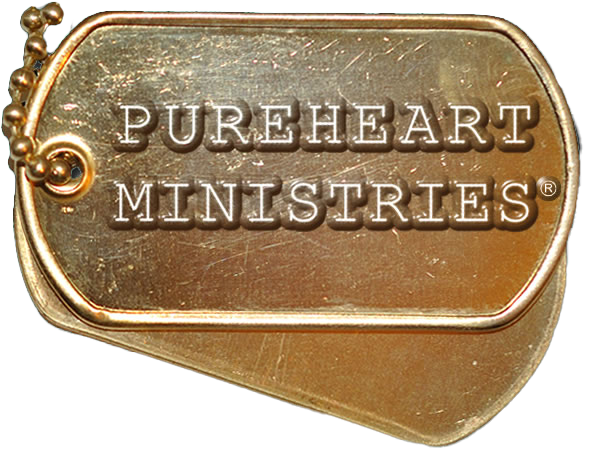Medicator or Compensator
So far so good. You’re learning the basic stages of your cycle. Now we want to determine your basic type as an addict. There are many different kinds of “drugs” you can choose during your particular cycle, but generally speaking, there are only two kinds of addicts in this world:
Medicators seek to numb or medicate old trauma, childhood abuse, the absence of a father/mother, the wounds caused by divorce or growing up in an addict home, and so on. The key here is the presence of inner pain that drives the outward search for the “drug” that will relieve the agony (temporarily at least).
Compensators, on the other hand, typically have little if any obvious trauma from the past. In their case, the key is the outward stress and pressures of life that drives them to compensate by seeking a temporary relief from what they feel are overwhelming, inescapable demands. Your boss is constantly on your case, your spouse yells at you when you get home, the kids are driving you crazy, the bills never stop—your “drug” is your way of releasing steam from the pressure cooker that is your life.
What starts the itch for you? I was a textbook Medicator. My weekly cycle invariably started with the repressed trauma and pain from my past abuse trying to surface. This interior ache would make me restless and start me on my cycle. If you’re a medicator, present pain and stress commonly triggers buried pain and emotions, so it’s really a double whammy.
Compensators often feel trapped in endless loneliness or a stressful marriage, an impossible job or a failing business, and when you combine this with personal insecurity and passivity, relapse is just a couple of clicks away.
On rare occasions I run into an addict who’s a mixture of both kinds. But even then, if this describes you, you’ll be more driven by either your past pain or your present stress.
Regardless of your type—Medicator or Compensator—you break your cycle in one of two ways:
Stop on a Dime. Some of you will stop the cycle immediately and, at least in my counseling, never go back. Oh, you might have a relapse here or there in a couple of years, say a masturbation, but it is normally just a blip on the radar screen. Once you confess the relapse, you immediately go back to the maintenance stage of purity and never restart the cycle. More than half the men I counsel—usually older, married men—fall into this category.
Sir Relapsalot. If you’re like me in the olden days, you will struggle greatly with relapse. The typical progression here is to move, say, from the 3-4-day cycle into a couple months of the weekly cycle, and then to the first time ever breaking the 3-month mark for consistent purity. Then, often, you can go backwards into, say, a weekly cycle, but then back into breaking the 3-month cycle until something clicks and you’re finally done with the cycling. Patterns like these often (but not always) apply to younger single men. Regardless of how you break out of your particular cycle, you must learn the specifics of your Acting-Out Cycle, because this knowledge is critical to achieving ultimate annihilation of that cycle.
Let me give a special shout to those of you still struggling with relapse. I’ve spent practically my entire life trapped in the cycle, breaking free of the cycle, free of the cycle, and now successfully helping many brothers out of the cycle—so pay attention, because I know what I’m talking about. I was not one of those people who stopped their addictive behaviors on a dime. I relapsed many, many times in my recovery process—it took me 20 years before I finally put it all together. Now, to be clear, it didn’t remotely need to take 20 years. If you know what you’re doing, you can break free of the cycle in a year or less! So be encouraged. And remember—if I can break free and stay free of the cycle, anyone can!
Your Brother in the Battle,
Timothy
Start your Mission Possible TODAY!
Contact Pureheart today for more information.
Excerpt taken from Pureheart Ministry’s Basic Training! Stage 1: Operation Purity
Copyright ©2023 Timothy Davis

